






5-Star Service, Trusted & Loved by Hundreds
{{sectionName}}

{{sectionName}}

{{sectionName}}

{{sectionName}}

How the Process Works
Your Appraiser Search Ends Here
Your Appraiser Search Ends Here
.avif)

Nationwide Coverage – Appraisals Anywhere in the US

Get it done Onsite or Online

Any Asset, Covered

Defensible for Any Purpose
View all Locations
Professional appraisers conduct an in-depth examination that considers several key elements: equipment age, operational condition, accumulated usage hours, specific brand and model characteristics, and current market dynamics. Each factor is carefully weighted to generate an accurate representation of the asset's true worth.
The appraisal process begins with a detailed physical inspection, where experts methodically evaluate the equipment's structural integrity, mechanical functionality, and overall performance potential. Maintenance records play a crucial role, offering insights into the equipment's historical care and potential longevity. Well-maintained machinery typically commands a higher valuation, reflecting the diligence of its previous owners.
Comparative market analysis forms another cornerstone of the appraisal methodology. Appraisers cross-reference the equipment against recent sales of similar machinery, ensuring the valuation reflects current market conditions and industry trends. This approach provides a nuanced, data-driven perspective that goes beyond surface-level assessments.
Different sectors leverage construction equipment appraisals for varied purposes. Contractors use these evaluations to make strategic decisions about equipment acquisition or disposition. Financial institutions rely on precise valuations to assess lending risks and determine appropriate financing terms. Rental companies depend on these assessments for fleet management and insurance purposes.
Ultimately, a construction equipment appraisal represents a complex intersection of technical expertise, market knowledge, and financial analysis. It provides stakeholders with a reliable, objective assessment that supports informed decision-making in an ever-evolving industry landscape.
Certified general appraisers offer the broadest expertise, holding comprehensive licenses that enable them to assess virtually any type of heavy machinery. Their deep market knowledge allows for nuanced valuations of complex and high-value equipment, making them invaluable for comprehensive assessments.
Licensed equipment appraisers focus specifically on machinery valuation, developing deep expertise in construction equipment like excavators, bulldozers, and cranes. Their specialized knowledge ensures precise evaluations that account for industry-specific factors, regulatory compliance, and detailed condition assessments.
Industrial appraisers bring a strategic perspective, examining equipment within the broader context of manufacturing and construction operations. They excel at understanding how machinery integrates into industrial ecosystems, providing holistic valuations that consider operational capabilities and market positioning.
Cost approach appraisers utilize a methodical replacement value strategy, calculating equipment worth based on reproduction costs and accounting for depreciation. This approach proves particularly effective for new or unique machinery, offering a scientific basis for valuation.
Market approach appraisers leverage comparative sales data, analyzing recent transactions to determine fair market value. By examining factors like age, condition, and brand reputation, they provide insights that reflect current market dynamics and competitive pricing trends.
Auction appraisers specialize in evaluating equipment within the unique context of sales environments. Their expertise in predicting auction performance helps buyers and sellers understand potential market values, drawing from historical sales data and current industry trends.
Selecting the right appraiser depends on specific assessment needs, equipment type, and valuation objectives. Understanding these professional distinctions empowers businesses and individuals to make informed decisions about their construction equipment assets.
Financial decision-makers rely on equipment appraisals to understand the true economic landscape of their assets. By establishing precise market values, companies can make informed choices about equipment maintenance, replacement, and potential divestiture. These evaluations capture nuanced details about depreciation, current market conditions, and potential future value trajectories.
Insurance and risk management represent another crucial dimension of equipment appraisals. Accurate valuations ensure appropriate coverage levels, protecting organizations from potential financial vulnerabilities in case of unexpected equipment loss or damage. This proactive approach mitigates potential economic disruptions and provides a clear framework for claims processes.
Lending institutions and financial partners frequently require professional equipment appraisals when considering financing or leasing arrangements. A comprehensive, objective assessment provides credibility and transparency, potentially securing more favorable lending terms and demonstrating the organization's financial sophistication.
Tax planning and compliance represent additional significant benefits of professional equipment appraisals. Whether addressing charitable donations, estate planning, or annual tax reporting, precise valuations help organizations maximize potential tax advantages while maintaining regulatory adherence.
Strategic asset management emerges as a fundamental outcome of regular equipment appraisals. By tracking equipment value over time, businesses can develop more intelligent procurement strategies, anticipate replacement cycles, and optimize their capital investment approaches.
Ultimately, construction equipment appraisals transcend simple monetary calculations. They represent a holistic tool for financial strategy, risk management, and organizational planning, enabling more sophisticated and informed decision-making across multiple business dimensions.
Detailed digital assessments typically involve clients submitting high-quality photographs and comprehensive equipment specifications. Appraisers carefully analyze these submitted materials, examining equipment condition, age, operational history, and market comparability factors. This method allows for precise evaluation without requiring physical presence.
Interactive online appraisal options have expanded, leveraging video conferencing platforms like Zoom, Google Meet, and Skype. These live sessions enable real-time equipment examination, allowing appraisers to request specific angles, discuss unique features, and conduct thorough visual inspections with clients.
The digital appraisal process offers significant advantages, including dramatically reduced turnaround times and elimination of geographical constraints. Clients can receive professional assessments quickly and conveniently, without scheduling complex in-person meetings or incurring additional travel expenses.
Modern appraisal techniques incorporate advanced technological tools and professional expertise to deliver accurate, reliable equipment valuations. By combining detailed documentation, visual evidence, and professional analysis, online construction equipment appraisals provide comprehensive insights that meet industry standards and client expectations.
Why Construction Equipment Appraisals Matter
Construction equipment appraisals are a critical component of strategic asset management across multiple industries. Understanding the comprehensive value of heavy machinery goes far beyond simple number-crunching—it's about making informed, strategic decisions that impact an organization's financial health and operational efficiency.
Key Dimensions of Construction Equipment Valuation
Financial Strategic Planning
- Provides precise insight into equipment's current market value
- Enables accurate budgeting for maintenance, replacement, and acquisition
- Supports long-term capital investment strategies
Risk Management and Protection
- Determines appropriate insurance coverage levels
- Ensures comprehensive protection against potential equipment loss
- Mitigates financial vulnerabilities in unexpected scenarios
Transactional Transparency
- Establishes objective valuations for equipment sales and purchases
- Creates trust between buyers and sellers
- Provides a neutral, professional assessment of equipment worth
Financial and Regulatory Compliance
- Supports loan and financing applications
- Ensures accurate tax reporting and asset documentation
- Helps maintain regulatory compliance across financial reporting
Strategic Market Intelligence
- Offers insights into current equipment market trends
- Helps businesses make data-driven acquisition and divestment decisions
- Provides competitive intelligence about equipment values
The dynamic nature of construction equipment valuation requires a comprehensive, nuanced approach. By understanding these multifaceted aspects, organizations can transform equipment appraisals from a routine administrative task into a strategic business tool.
Types of Valuation Methods for Heavy Machinery
Valuation Methodology for Construction Equipment
Appraising construction equipment requires a strategic approach to accurately determine its true market value. Different valuation methods offer unique perspectives, helping stakeholders make informed decisions about equipment worth.
Cost Approach
The cost approach focuses on determining equipment value through replacement or reproduction costs. Key considerations include:
- Calculating the current cost of replacing the machinery
- Subtracting accumulated depreciation
- Accounting for additional expenses like installation and taxes
- Particularly effective for newer or specialized equipment
Market Approach
This method leverages comparative market data to establish equipment value, characterized by:
- Analyzing recent sales of similar machinery
- Examining local and regional market trends
- Assessing variations in equipment condition and specifications
- Requiring comprehensive and current market information
Income Approach
The income approach evaluates equipment based on its potential revenue generation, including:
- Calculating projected income streams
- Determining net present value
- Ideal for rental or revenue-producing equipment
- Considering operational efficiency and expected performance
Depreciation Considerations
Depreciation plays a critical role in equipment valuation through methods such as:
- Straight-line depreciation
- Declining balance method
- Units of production approach
Hybrid Valuation Strategy
Many appraisers utilize a comprehensive approach that combines multiple valuation techniques to ensure the most accurate assessment. This method considers:
- Current market conditions
- Equipment specifications
- Operational history
- Technological relevance
Successful equipment appraisal requires a nuanced understanding of these methodologies and their practical application. Professional appraisers bring critical expertise in navigating the complexities of equipment valuation.
What Determines the True Value of Construction Equipment?
When determining the true value of construction equipment, several key factors come into play, each contributing to the comprehensive appraisal process.
Age and Condition
The age of equipment significantly impacts its market value. While newer models typically command higher prices, condition is equally critical. Key considerations include:
- Total hours of operation
- Comprehensive maintenance history
- Overall mechanical integrity
- Evidence of wear and potential repair needs
An older piece of equipment that has been meticulously maintained may ultimately be more valuable than a newer model showing signs of significant wear and neglect.
Brand and Model
Equipment manufacturers and specific models carry inherent value characteristics:
- Recognized brands with proven durability command premium valuations
- Specialty equipment serving niche markets can maintain higher value
- Performance reputation directly influences resale potential
- Technical specifications and engineering quality impact long-term worth
Market Demand
Valuation is deeply interconnected with current market dynamics, including:
- Economic construction sector conditions
- Regional infrastructure development
- Technological advancements in equipment design
- Emerging industry trends and operational requirements
Professional appraisers analyze both local and national trends to provide nuanced, accurate equipment valuations.
Original Cost and Depreciation
Two fundamental valuation components include:
- Initial purchase price as a baseline reference
- Calculated depreciation rate specific to equipment type
Equipment typically experiences steepest depreciation within its first few years, with rates varying based on usage intensity and technological evolution.
Attachments and Accessories
Additional equipment features can substantially enhance overall value:
- Specialized attachments increasing functional versatility
- High-quality supplementary accessories
- Compatibility with modern work requirements
- Condition and market appeal of supplementary components
Comprehensive understanding of these determinants enables stakeholders to make informed decisions regarding equipment acquisition, disposition, and financial strategies.
The Crucial Role of Certified Appraisers
Certified appraisers are crucial professionals who bring precision and expertise to construction equipment valuation. Their comprehensive approach ensures accurate, reliable assessments that serve multiple stakeholders in the industry.
Core Responsibilities of Certified Appraisers
- Market Analysis: Conduct in-depth evaluations of current market trends, comparable sales, and equipment demand
- Industry Knowledge: Understand complex equipment characteristics, including age, condition, and maintenance history
- Valuation Accuracy: Determine fair market value based on comprehensive assessment
Professional Standards and Methodology
Certified appraisers follow rigorous professional standards, including guidelines established by the Uniform Standards of Professional Appraisal Practice (USPAP). This commitment ensures:
- Credible and defensible appraisal reports
- Transparent valuation processes
- Comprehensive equipment assessment
Key Skills and Expertise
Successful certified appraisers demonstrate:
- Deep technical understanding of construction equipment
- Advanced analytical capabilities
- Exceptional communication skills
- Ability to produce authoritative, detailed reports
Stakeholder Benefits
The involvement of certified appraisers provides critical advantages for:
- Lenders evaluating equipment-based financing
- Buyers assessing equipment value
- Sellers seeking accurate market positioning
- Insurance companies determining appropriate coverage
By maintaining the highest standards of professional evaluation, certified appraisers protect the interests of all parties and contribute to transparent, reliable equipment transactions.
How Equipment Condition Impacts Market Value
Factors Influencing Construction Equipment Condition
Understanding the nuanced elements that impact equipment condition is crucial for accurately assessing market value. Multiple interconnected factors contribute to a machine's overall worth and marketability.
Physical Deterioration
- Visible wear and damage dramatically affect equipment valuation
- Signs of rust, structural damage, or significant cosmetic wear can reduce market value
- Comprehensive visual inspections reveal potential underlying mechanical issues
Maintenance History
- Detailed service records demonstrate equipment reliability
- Regular maintenance extends machinery operational lifespan
- Comprehensive documentation builds buyer confidence
- Gaps in maintenance history can significantly decrease equipment value
Technological Upgrades and Modifications
- Modern technological enhancements increase equipment marketability
- Upgraded components improve operational efficiency
- Cutting-edge attachments can differentiate equipment in competitive markets
Usage Hours and Operational Intensity
- Total operational hours directly correlate with equipment depreciation
- Lower usage hours typically indicate reduced mechanical stress
- Context of usage matters - intense industrial versus light commercial applications
Market Dynamics
- Equipment valuation fluctuates with industry demand
- Economic cycles impact machinery market values
- Regional infrastructure development influences equipment pricing
Equipment condition represents a complex interplay of physical state, maintenance practices, technological relevance, and broader market trends. Comprehensive evaluation requires meticulous analysis of these interconnected factors.
Strategic Insights for Accurate Asset Management
Construction equipment appraisal serves as a critical strategic process that provides comprehensive insights for businesses operating in construction and heavy machinery industries. Understanding the precise market value of equipment is crucial not just for financial reporting, but for driving strategic business decisions.
Key Strategic Objectives of Equipment Appraisal
- Purchase and Sales Decisions: Accurate valuations guide fair and beneficial asset transactions, ensuring companies make financially sound choices when acquiring or selling equipment.
- Insurance Coverage: Precise appraisals help determine appropriate insurance protection levels, mitigating potential financial risks from equipment loss, damage, or theft.
- Tax Reporting Compliance: Thorough documentation supports accurate asset valuation during financial audits and tax reporting processes.
- Financial Planning and Investment: Detailed equipment valuations strengthen a company's financial positioning when seeking loans or attracting potential investors.
Comprehensive Appraisal Methodology
Effective equipment appraisal integrates multiple sophisticated assessment techniques, including:
- Direct physical equipment inspection
- Comparative market analysis
- Detailed equipment history review
- Technological and market trend evaluation
Critical Factors Influencing Equipment Value
Professional appraisers must continuously monitor dynamic market elements that impact equipment valuation, such as:
- Technological advancements
- Labor cost fluctuations
- Industry-specific market demand
- Equipment age and maintenance history
Strategic Benefits of Regular Appraisals
By implementing consistent equipment appraisal practices, businesses can:
- Optimize operational efficiency
- Maintain accurate financial records
- Make data-driven strategic decisions
- Maximize long-term asset value
Ultimately, professional equipment appraisal empowers organizations to navigate complex market dynamics with confidence, transforming asset management from a routine task into a strategic competitive advantage.
Navigating Regulatory Requirements in Equipment Valuation
Navigating the complex world of construction equipment appraisal requires a comprehensive understanding of regulatory requirements that impact valuation accuracy and legal compliance.
Key Regulatory Considerations in Equipment Valuation
- Industry Standards Compliance: Regulatory guidelines dictate specific appraisal methodologies for different types of construction equipment, ensuring consistent and reliable valuations.
- Regional Variations: Appraisal requirements can differ significantly across local, state, and federal jurisdictions, demanding a nuanced approach to equipment assessment.
Critical Regulatory Domains
Environmental and Safety Regulations
Equipment appraisals must carefully consider:
- Emissions standards compliance
- Occupational safety protocols
- Environmental impact assessments
Financial and Legal Requirements
Lenders and insurers typically require comprehensive documentation that demonstrates:
- Equipment usage history
- Maintenance records
- Compliance with current regulatory standards
Importance of Comprehensive Regulatory Understanding
Thorough regulatory compliance in equipment appraisal provides multiple benefits:
- Enhances valuation credibility
- Mitigates potential legal risks
- Ensures transparent and accurate equipment assessment
- Protects the interests of buyers, sellers, and financial institutions
By maintaining a proactive approach to regulatory requirements, appraisers can deliver reliable valuations that meet industry standards and client expectations.
Maximizing Business Value Through Precise Appraisals
The Strategic Importance of Construction Equipment Valuation
Accurate appraisals of construction equipment are critical for businesses seeking to optimize their asset management and financial strategy. These comprehensive assessments provide invaluable insights that drive strategic decision-making and operational efficiency.
Key Benefits of Precise Equipment Appraisals
- Maximize Resale Potential
A detailed appraisal empowers business owners to negotiate from a position of knowledge, ensuring maximum return when selling or trading equipment.
- Strategic Financial Planning
Comprehensive valuations help companies understand equipment depreciation, market trends, and optimal replacement timing for their machinery fleet.
- Enhanced Financing Opportunities
Accurate appraisals provide credible documentation that financial institutions rely on when considering equipment-backed loans or credit lines.
Critical Factors Determining Equipment Value
- Equipment Condition
Maintenance history, physical wear, recent upgrades, and overall operational status significantly impact market value.
- Market Dynamics
Industry trends, technological innovations, and economic conditions continuously reshape equipment valuation landscapes.
- Brand and Performance Reputation
Equipment from manufacturers with proven reliability and performance typically command higher resale values.
Comprehensive Appraisal Methodology
- Detailed Physical Inspection
Expert appraisers conduct meticulous examinations of equipment, assessing mechanical integrity and operational capabilities.
- Comprehensive Market Analysis
Evaluation of current market conditions, recent sales data, and comparable equipment transactions to determine fair market value.
- Comprehensive Reporting
Generation of a detailed report documenting assessment methodology, critical findings, and precise equipment valuation.
Strategic equipment valuation transcends simple price determination—it's a sophisticated approach to asset management that provides businesses with a competitive edge in resource optimization and financial planning.
Common Questions Contractors Ask About Equipment Valuation
Understanding Equipment Valuation for Contractors
Contractors often have critical questions about equipment valuation that directly impact their business strategy and financial decision-making. Let's explore the most important aspects of equipment appraisal.
Purpose of Equipment Appraisal
Equipment appraisals serve multiple essential business functions:
- Establishing fair market value
- Supporting financial reporting
- Securing loans and financing
- Facilitating insurance coverage
- Guiding purchase and sale decisions
Valuation Methodologies
Professional appraisers utilize three primary approaches to determine equipment value:
- Cost Approach: Calculates replacement cost minus depreciation
- Sales Comparison Approach: Analyzes recent sales of similar equipment
- Income Approach: Evaluates potential cash flow generation
Key Factors Influencing Equipment Value
Multiple elements contribute to an equipment's overall valuation:
- Equipment age and condition
- Brand reputation and manufacturing quality
- Maintenance and service history
- Technological specifications
- Current market demand
- Usage intensity and wear
Appraisal Frequency Recommendations
Recommended appraisal timing varies based on business needs:
- Businesses with significant equipment investments: Annually
- Companies experiencing market volatility: Biennial assessments
- Prior to major financial transactions: Immediate professional evaluation
Professional Appraisal Importance
While online tools and market research provide basic insights, professional appraisers offer comprehensive evaluations that:
- Provide nuanced market analysis
- Account for complex valuation factors
- Deliver legally defensible documentation
- Offer expert interpretation of equipment value
Understanding these valuation principles empowers contractors to make informed asset management decisions and optimize their equipment investments.
BEST-IN-CLASS APPRAISERS, CREDENTIALED BY:






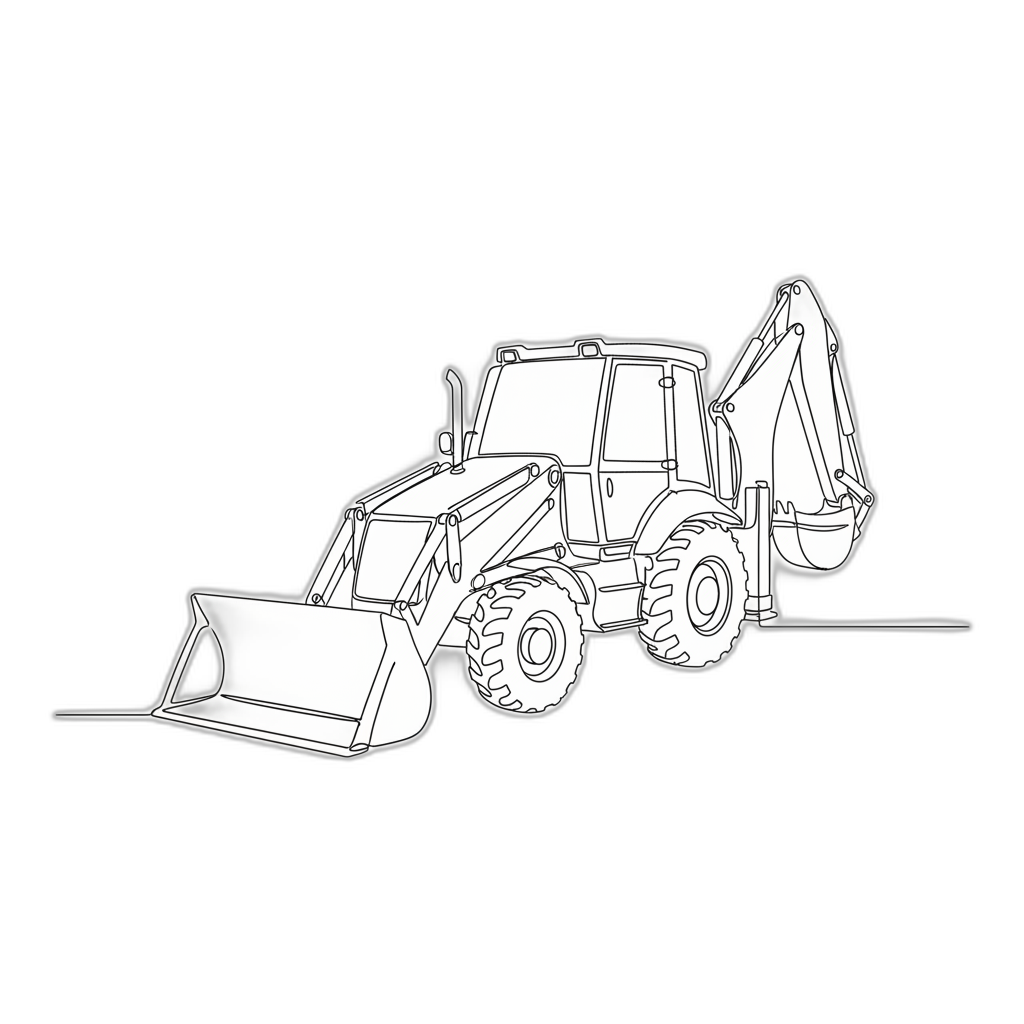
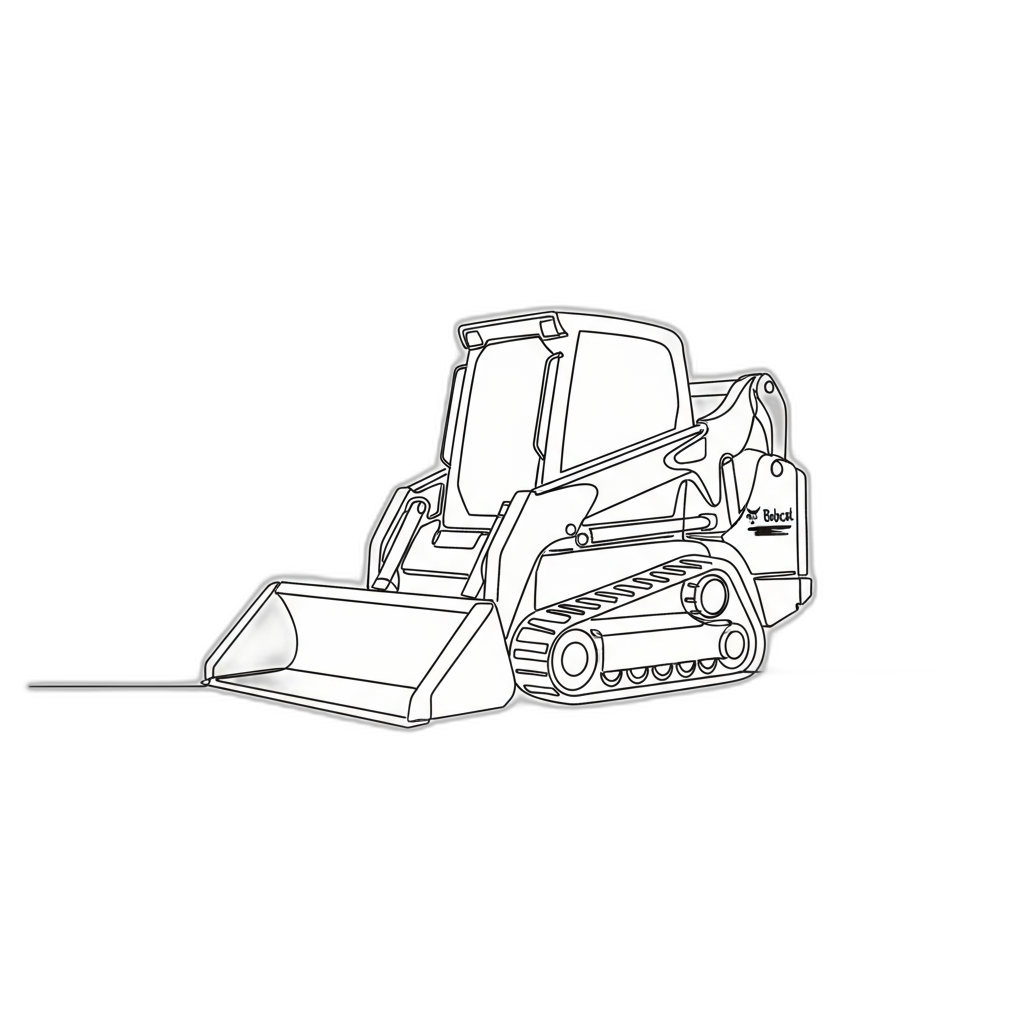
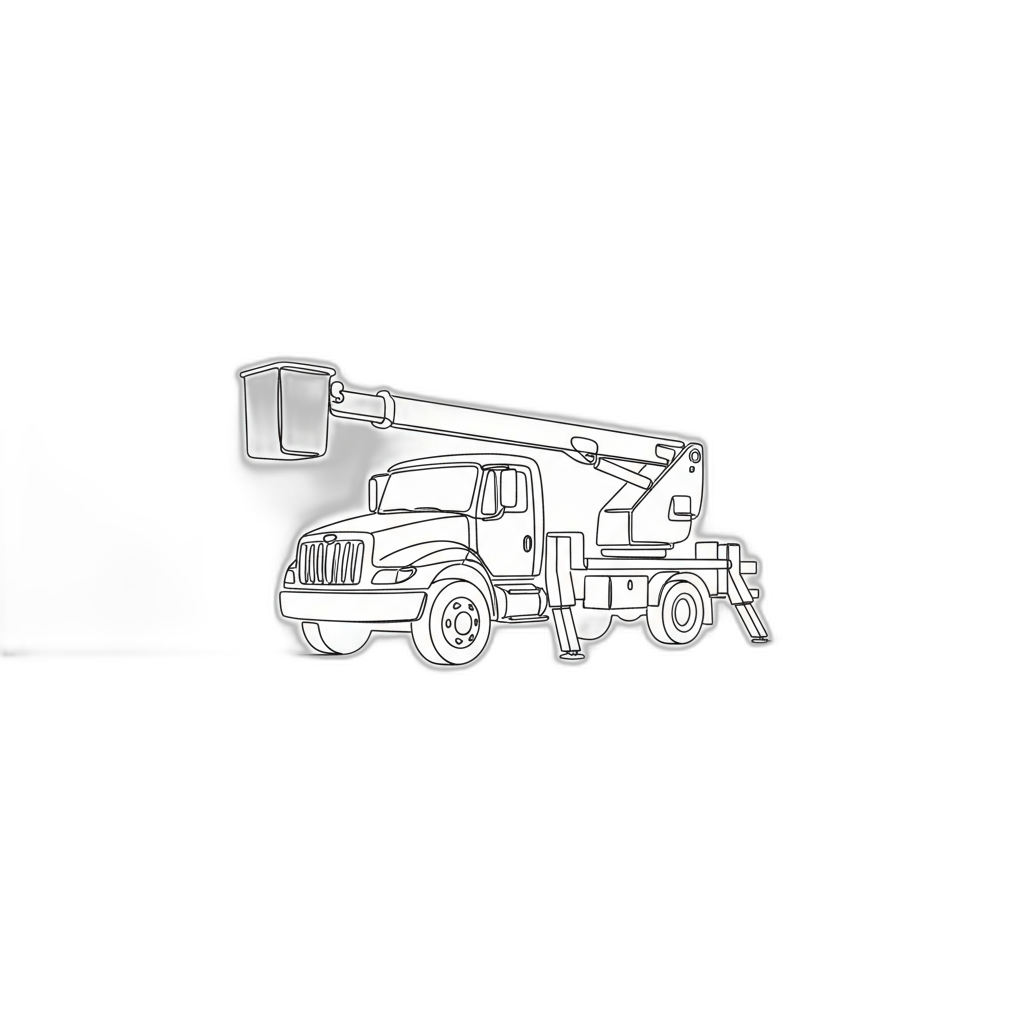
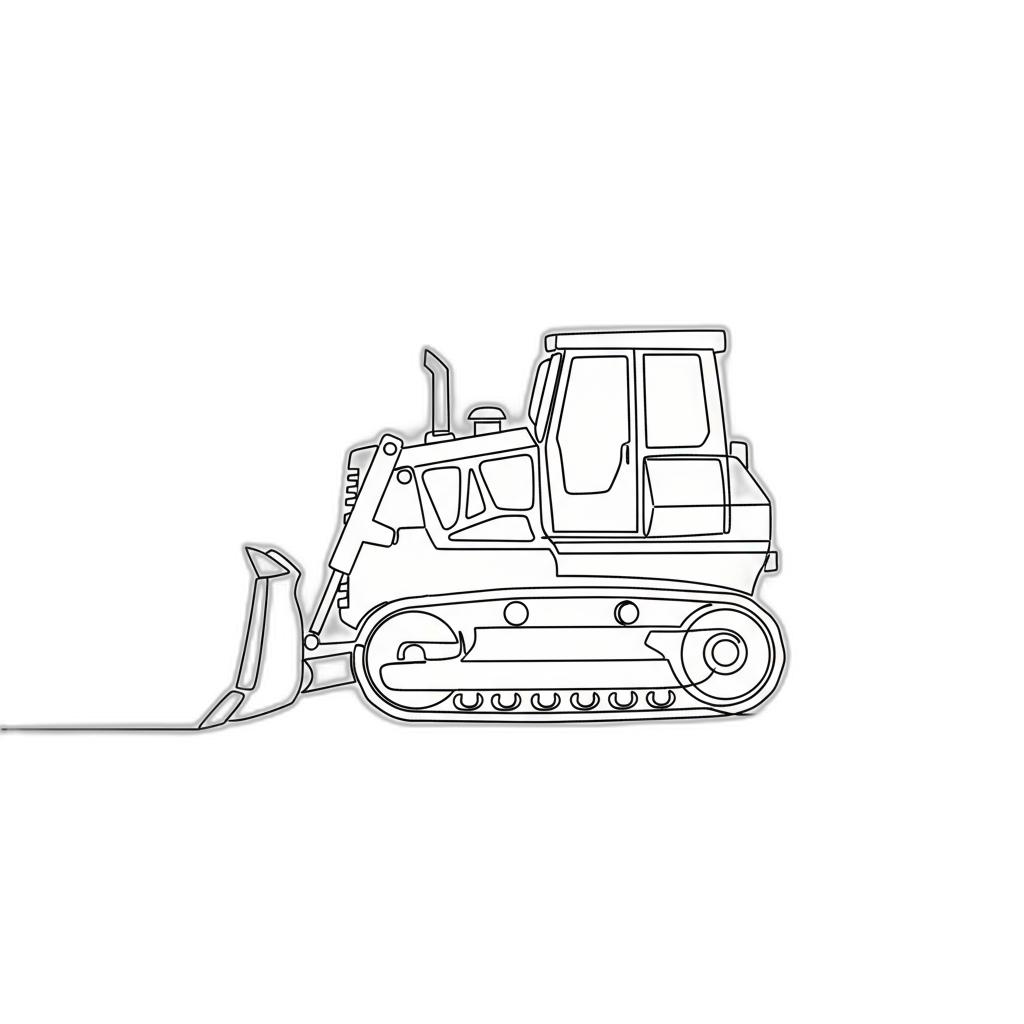



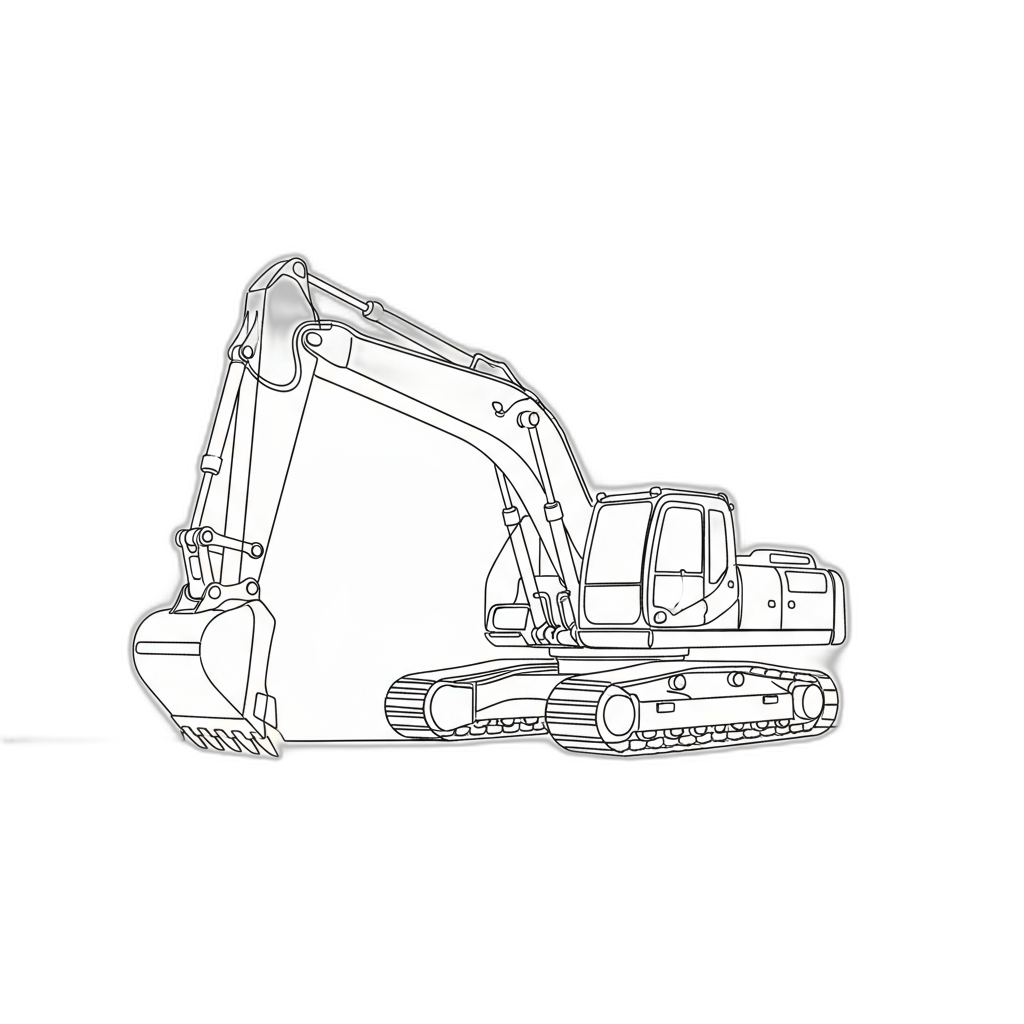
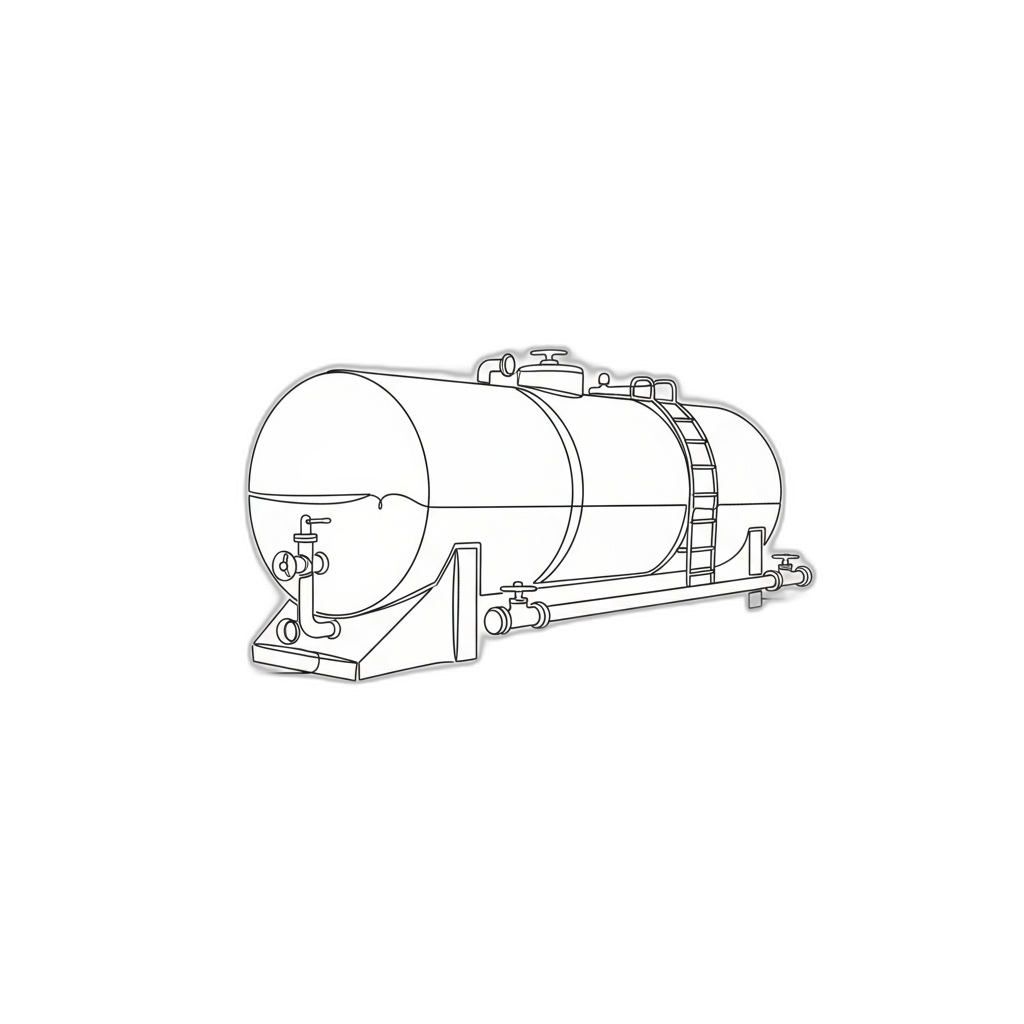

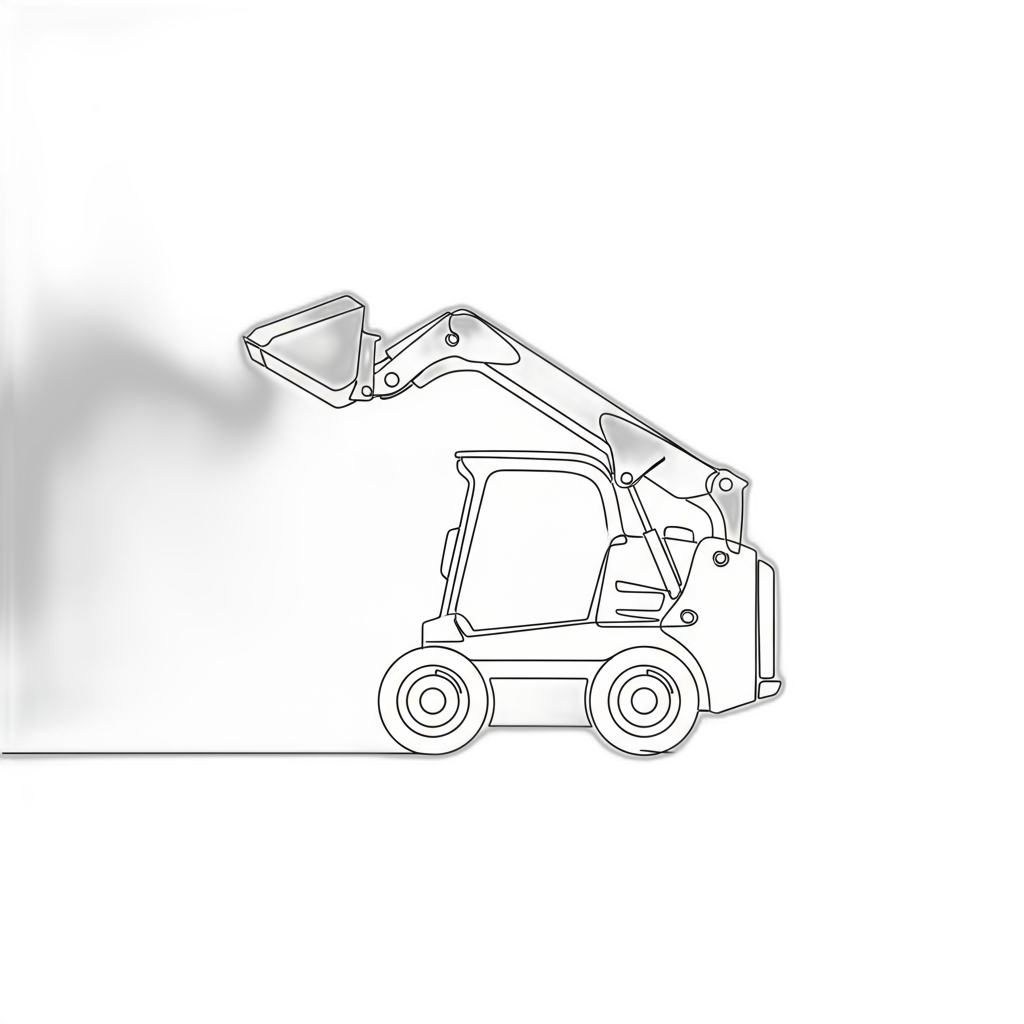

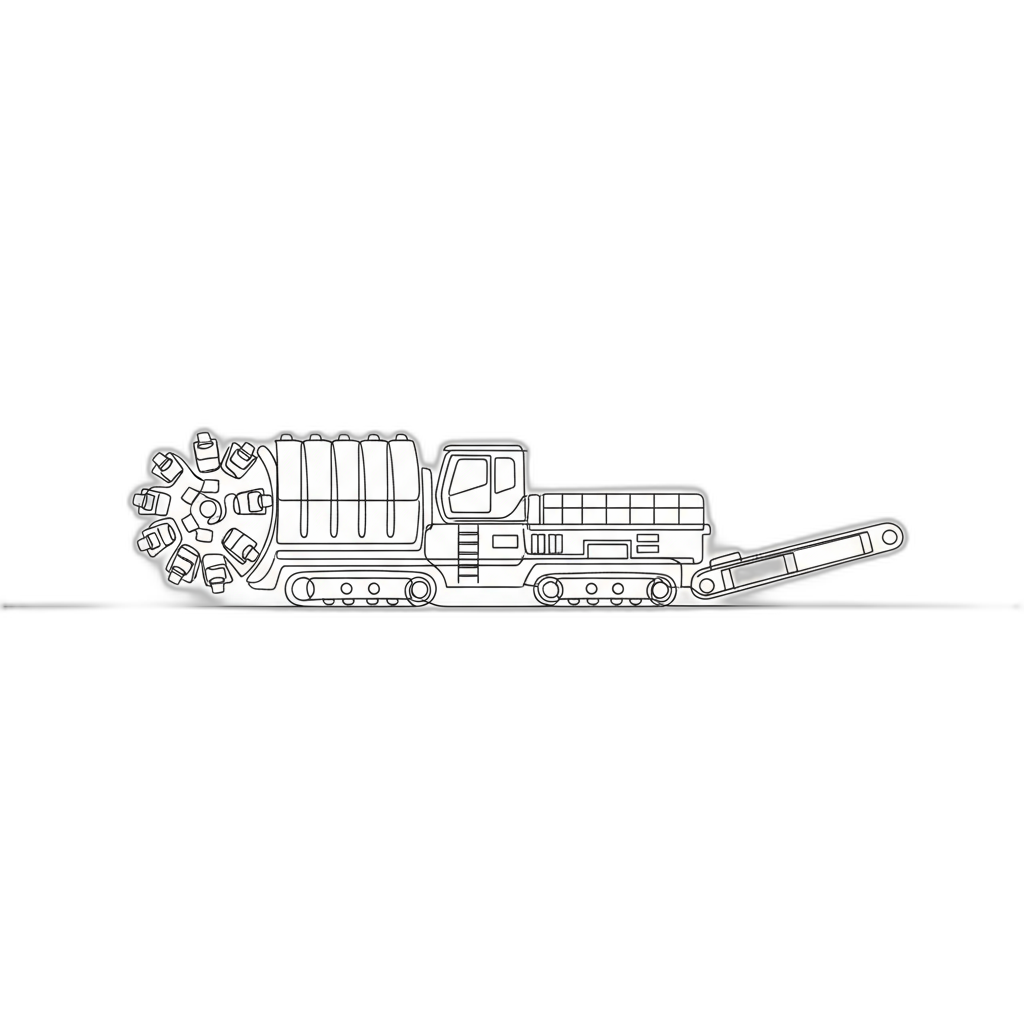
.svg)











